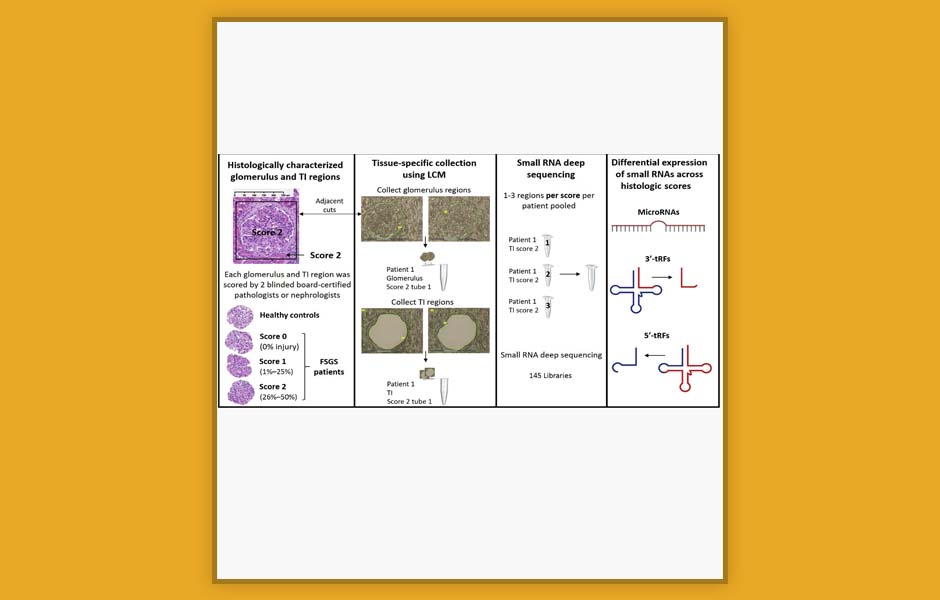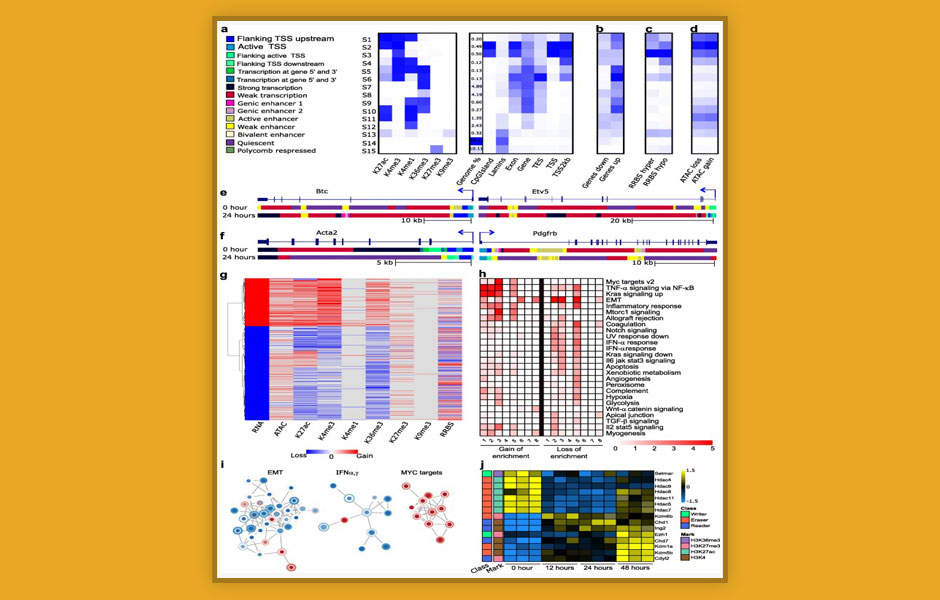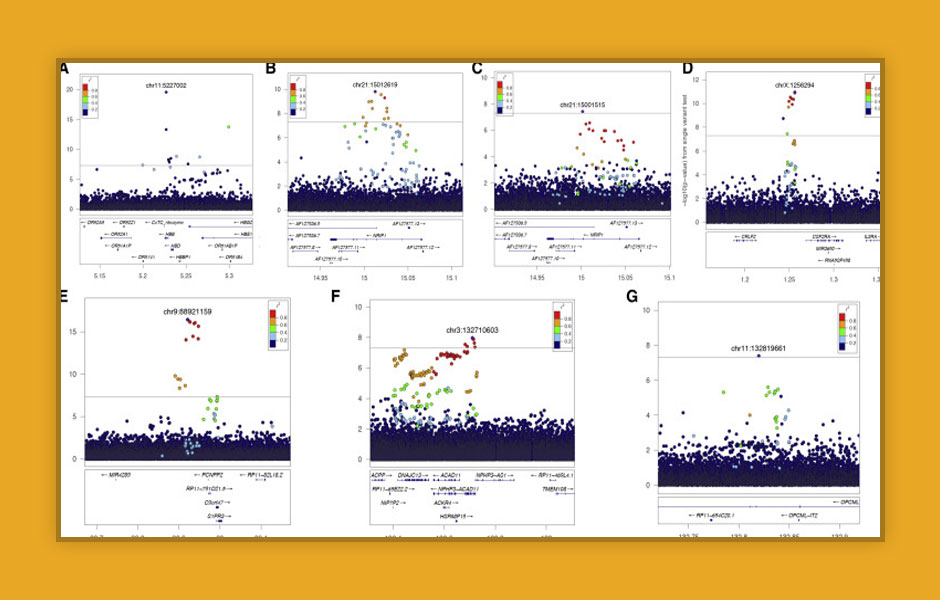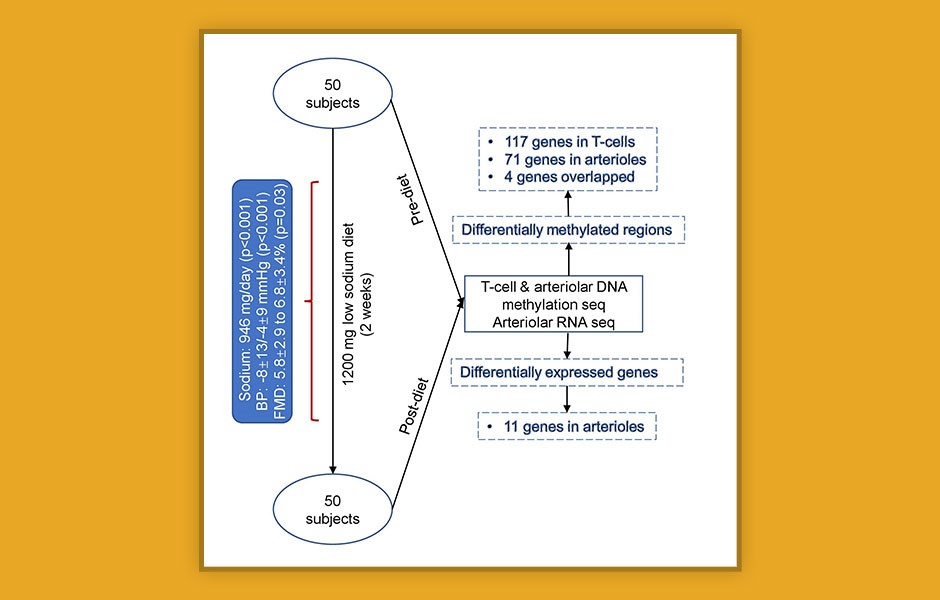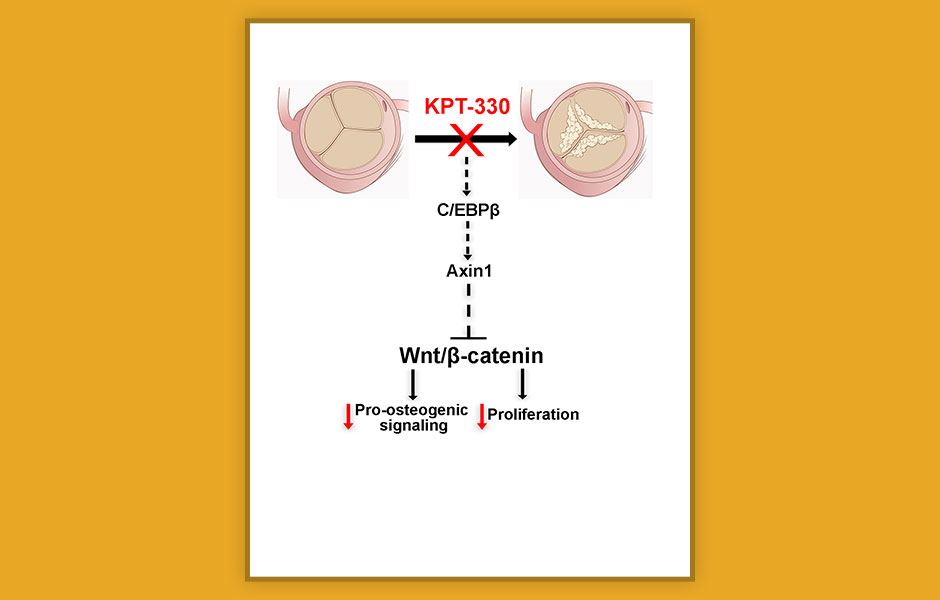Project Description
Association of TMTC2 With Human Nonsyndromic Sensorineural Hearing Loss
Runge and Colleagues, JAMA Otolaryngol Head Neck Surg. 2016
IMPORTANCE: Sensorineural hearing loss (SNHL) is commonly caused by conditions that affect cochlear structures or the auditory nerve, and the genes identified as causing SNHL to date only explain a fraction of the overall genetic risk for this debilitating disorder. It is likely that other genes and mutations also cause SNHL.
OBJECTIVE: To identify a candidate gene that causes bilateral, symmetric, progressive SNHL in a large multigeneration family of Northern European descent.
DESIGN, SETTING, AND PARTICIPANTS: In this prospective genotype and phenotype study performed from January 1, 2006, through April 1, 2016, a 6-generation family of Northern European descent with 19 individuals having reported early-onset hearing loss suggestive of an autosomal dominant inheritance were studied at a tertiary academic medical center. In addition, 179 unrelated adult individuals with SNHL and 186 adult individuals reporting nondeafness were examined.
MAIN OUTCOMES AND MEASURES: Sensorineural hearing loss.
RESULTS: Nine family members (5 women [55.6%]) provided clinical audiometric and medical records that documented hearing loss. The hearing loss is characterized as bilateral, symmetric, progressive SNHL that reached severe to profound loss in childhood. Audiometric configurations demonstrated a characteristic dip at 1000 to 2000 Hz. All affected family members wear hearing aids or have undergone cochlear implantation. Exome sequencing and linkage and association analyses identified a fully penetrant sequence variant (rs35725509) on chromosome 12q21 (logarithm of odds, 3.3) in the TMTC2 gene region that segregates with SNHL in this family. This gene explains the SNHL occurrence in this family. The variant is also associated with SNHL in a cohort of 363 unrelated individuals (179 patients with confirmed SNHL and 184 controls, P = 7 × 10-4).
CONCLUSIONS AND RELEVANCE: A previously uncharacterized gene, TMTC2, has been identified as a candidate for causing progressive SNHL in humans. This finding identifies a novel locus that causes autosomal dominant SNHL and therefore a more detailed understanding of the genetic basis of SNHL. Because TMTC2 has not been previously reported to regulate auditory function, the discovery reveals a potentially new, uncharacterized mechanism of hearing loss.
Read more here.



